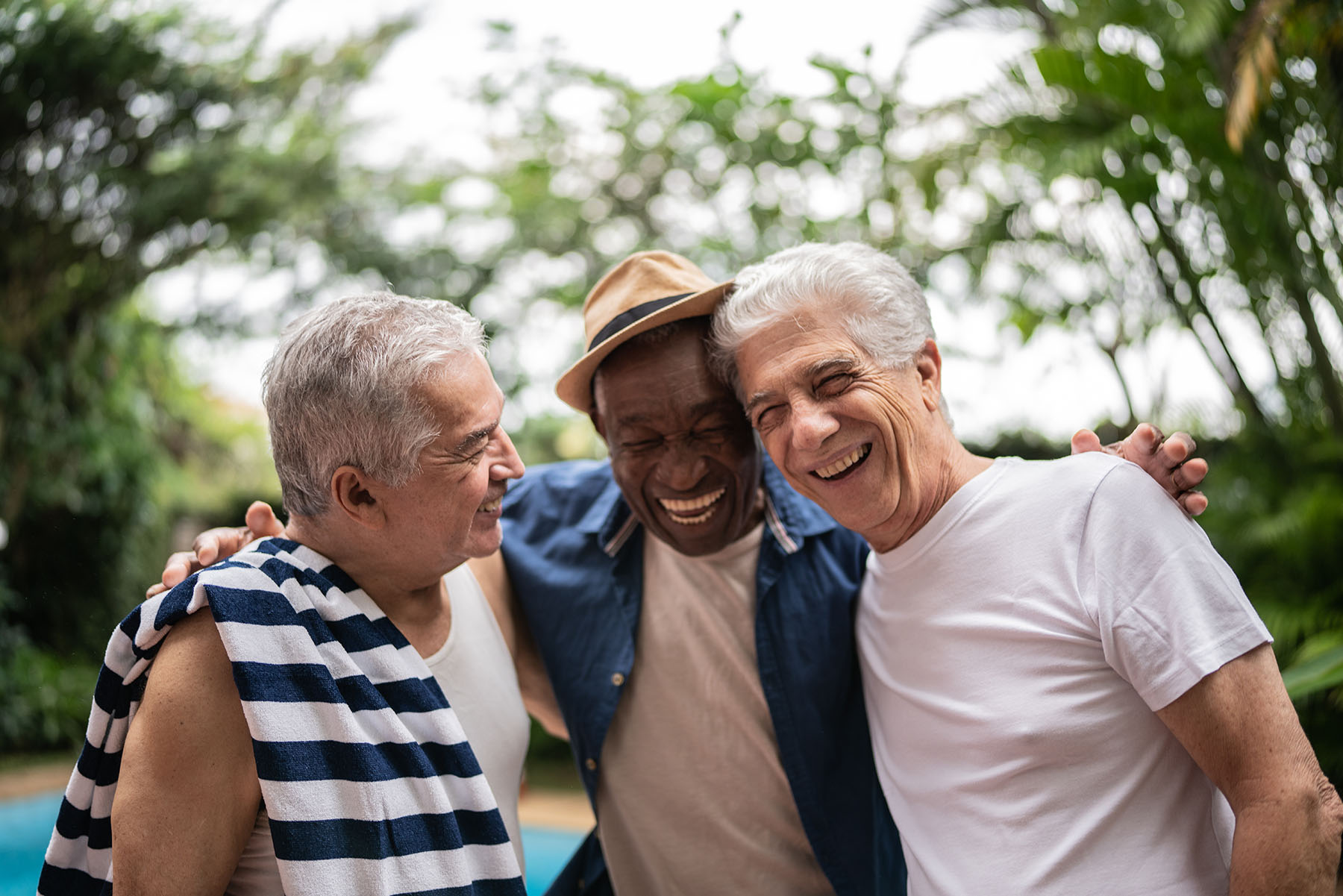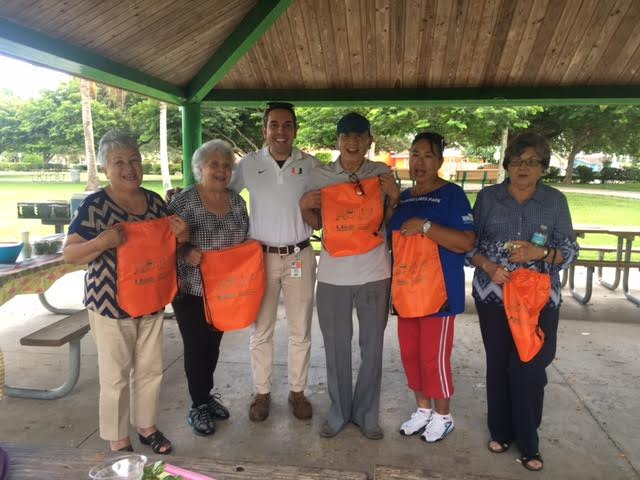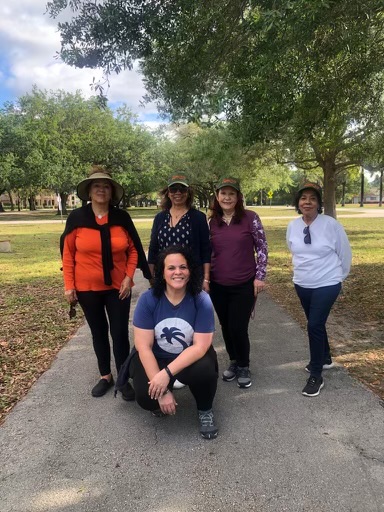Research: Older Hispanics and the Stigma of Mental Health

Key Takeaways:
- Older Hispanics are less likely to seek mental health treatment due to cultural stigmas and lack of knowledge about mental health.
- The University of Miami Health System is conducting research to understand barriers preventing them from accessing mental health services.
- The research team is developing interventions like culturally sensitive materials, community outreach, and training for healthcare providers.
Growing up in Miami as the son of Cuban immigrants, Daniel Jimenez, Ph.D., never heard the adults around him talking about mental illness.
Nobody he knew received therapy, and the mere mention of visiting a psychologist prompted suspicion or, at the very least, a raised eyebrow.
The stigma associated with mental illness among older Hispanics became a source of fascination and frustration for Dr. Jimenez, who left South Florida to study psychology in college, ultimately earning his Ph.D. in clinical psychology.
As a researcher at the Geisel School of Medicine at Dartmouth, Dr. Jimenez told his mentor about seeing Hispanics around him struggling even to acknowledge mental illness. He asked to study that problem further. His mentor told him to find data to support his anecdotal claim.
The results were striking. Older Hispanics are more likely to suffer from depression than their white counterparts.
They are less likely to get treatment, and even when they do seek psychotherapy, they are more likely to drop out of the treatment early.
“I started understanding the enormous amount of stigma,” he says. “I kind of knew it, but now I knew it.”
That started a decade-long process of developing a way of treating Hispanics for depression and anxiety — without forcing them into what they consider the uncomfortable setting of a psychologist’s office. Dr. Jimenez, now an associate professor at the University of Miami’s Miller School of Medicine, is leading a five-year study of older Hispanics to see how they respond to a program he designed to improve their mental well-being.

The program, funded by a $3.4 million grant from the National Institutes of Health (NIH), is called Happy Older Latinos are Active, known by its Spanish acronym “HOLA.” Participants in the 16-week program engage in group walks three times a week, followed by a period of social interaction. They are led by a “health promoter” (a “promotora de salud” in Spanish), hired by Dr. Jimenez, who is responsible for different groups spread out throughout Miami-Dade County. said
The simple acts of exercising regularly and socializing more can reduce the depression and anxiety that grips many in the Hispanic community, according to Dr. Jimenez. And he saw promising results from a pilot study he conducted with 60 participants.
“We’re getting people physically active, we’re engaging them socially, and it’s through doing those things we are seeing if we can prevent anxiety and depression,” Dr. Jimenez says. “It’s a lot easier to deal with the water when it’s around your ankles than when the water is way above your head. So let’s try to get them early so when they’re already feeling a certain way, we can stem that tide that we know is coming.”
Dr. Jimenez interviewed participants in his pilot study and said he learned much about why they develop depression and are so skeptical of mental health treatment.
Many cited the trauma of being migrants, of having uprooted their lives in their home countries and starting over in the U.S.
They lost their homes, jobs, neighbors, and communities back home, leading many to struggle economically in their new country with few friends and family to help. They then refused to believe that the physical pains they were experiencing (including stomach issues, back pain, headaches, and compression of the chest) were tied to their mental state, prompting them to consult doctors to treat those physical symptoms without understanding the true cause of those ailments.
“Us talking about their feelings is not going to do anything, so no wonder they’re dropping out of treatment because their needs are not being met,” Dr. Jimenez said. “They’re not being met where they are.”
Dr. Jimenez believes the program he designed can be expanded to other populations.

Since the program is so simple and easy to use, he feels it can benefit people of all ages and demographics. He is already planning to replicate the model in the African-American community in South Florida and believes it can also work for Asian-American communities and younger Americans who either can’t afford it or aren’t comfortable with traditional forms of therapy.
“These are disadvantaged minoritized communities that have inadequate access to health care in general, but especially mental health care,” he said. “The HOLA acronym can change, but the model remains.”
Dr. Jimenez’s team is recruiting participants for the study with a goal of bringing in 240 participants. To qualify, people must be:
- Hispanic
- age 60 years or older
- experiencing symptoms of depression and/or anxiety
- physically able to walk at a moderate pace
If you complete the program and undergo multiple psychological assessments before, during and after the program, you will receive a total of $300 in compensation.
To participate or learn more about the study, contact the program manager Natalie Ferras at 305-243-9373 or email her at [email protected].
Alan Gomez is a contributing writer for UHealth’s news service.
Tags: anxiety and depression symptoms, cognitive behavioral therapy, Dr. Daniel Jimenez, mental wellness, older adults, treatment for anxiety and depression
